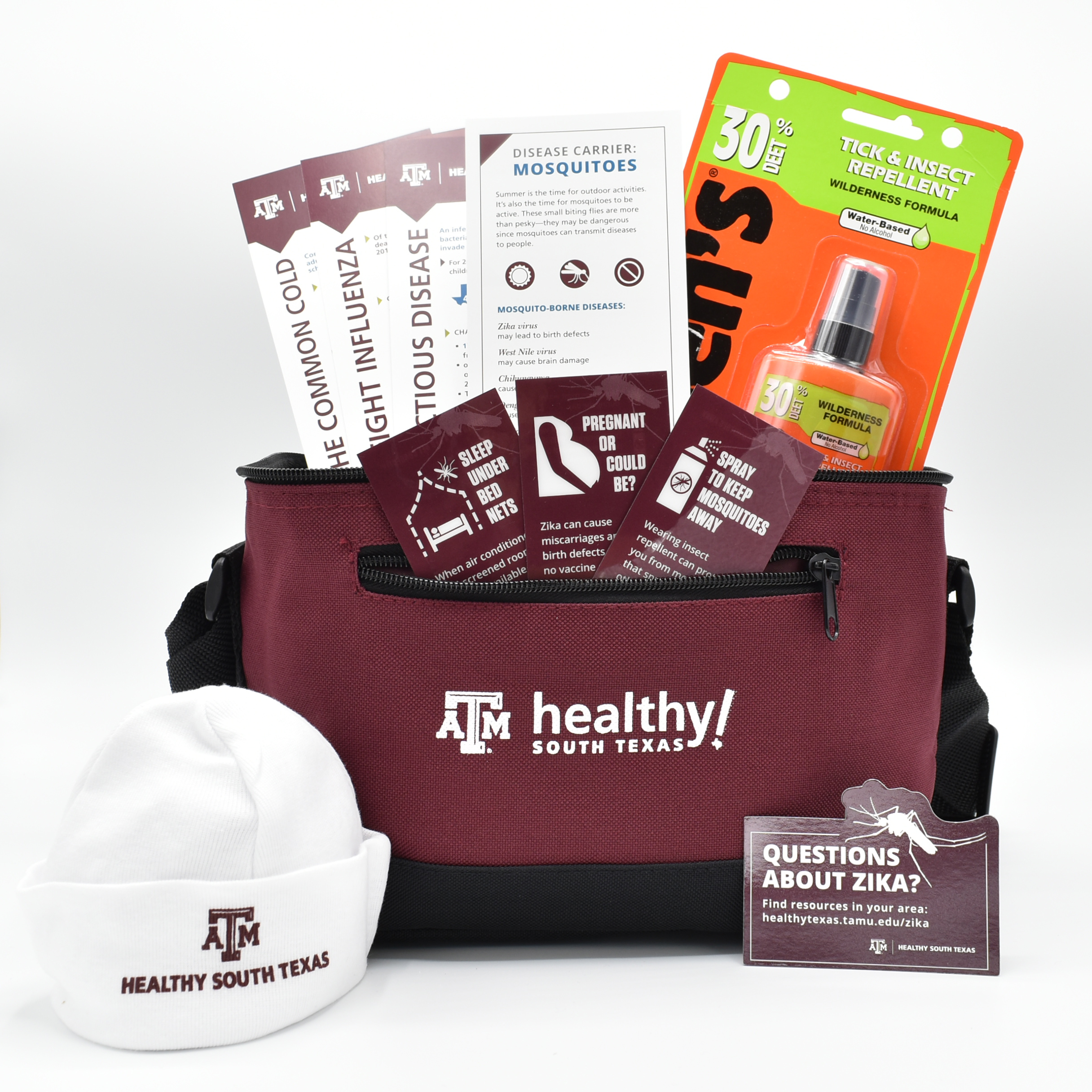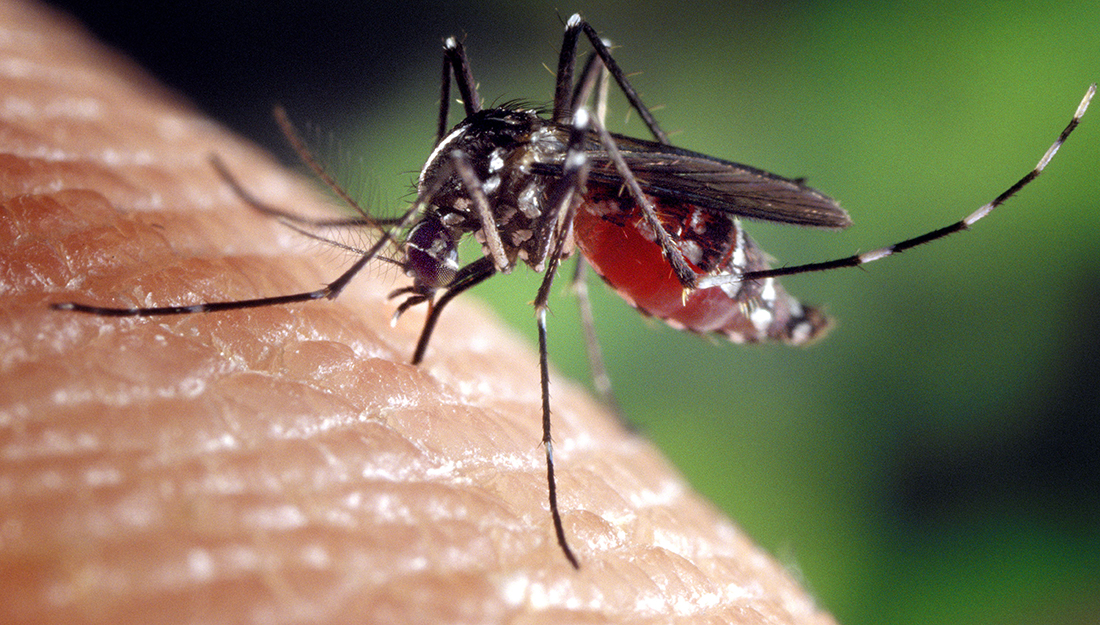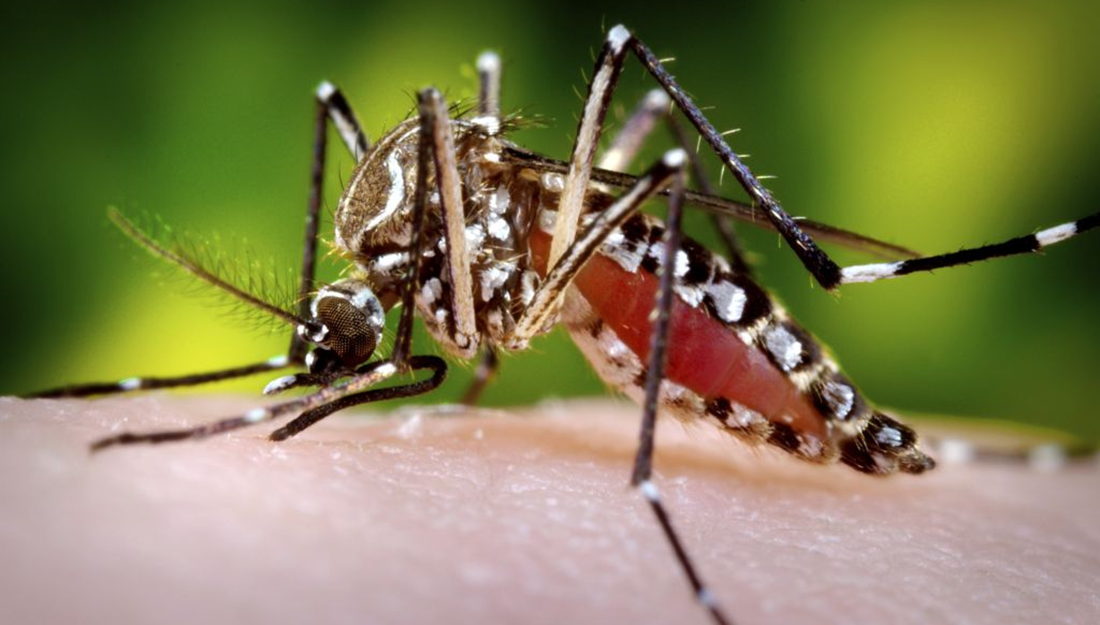Texas A&M Healthy South Texas arms residents with Zika prevention kits

The rising summer heat and tropical climates of South Texas have made the area ripe for virus-carrying mosquitos. The Zika virus, among other devastating diseases transmitted by these biting pests, has become a major concern in rural, underserved areas near the Texas-Mexico border.
In order to prevent outbreak of Zika in Texas, Texas A&M Healthy South Texas has partnered with Driscoll Health System, the Corpus Christi-Nueces County Public Health District and other regional organizations to put together and send out 5,000 Zika prevention kits.
One of the priorities of Healthy South Texas is arming communities with the knowledge and ability to defend against the potentially devastating consequences of Zika. A partnership between Texas A&M University Health Science Center and Texas A&M AgriLife Extension Services, Healthy South Texas has an overarching focus of addressing health disparities and controlling diabetes, asthma, and infectious disease across a 27-county region. The fight against Zika virus, which has already been locally transmitted in Brownsville, Texas, is clearly a priority.
“We are sending these kits to clinics in Corpus Christi, Brownsville, Laredo, McAllen, and Harlingen,” said Maria Garcia, senior administrative coordinator for the Texas A&M Coastal Bend Health Education Center, one of the organizations behind Healthy South Texas. “There are already Zika cases in these areas, so we’re getting kits to the most affected parts of the state.”
The kits contain educational materials, quick-reference magnets, insect repellant, condoms and protective baby clothing. The educational material, which is in both English and Spanish, has information on Zika basics, prevention and other things expectant mothers should know about the virus, which can cause serious birth defects in babies exposed to it in the womb.
“The kits have been a great way to augment the education our nurses and physicians have been providing for our patients since the beginning of the disease spread into South Texas,” said Ryan Loftin, MD, Fellow of The American Congress of Obstetricians and Gynecologists, and director of Maternal Fetal Medicine Services for the Driscoll Health System. Loftin also said the kits “have been very well received by clinic patients.”
With around 32 confirmed cases of travel-related Zika exposure in target areas, including one recently diagnosed case in Corpus Christi, Loftin said the clinics face many challenges in screening, diagnosing and treating the virus.
“One difficulty of assigning risks for screening is that many of the clinic’s patients do not travel, but their partners do visit areas where Zika is present, such as Mexico. That’s a concern because the disease can be sexually transmitted,” Loftin said. “Also, given the relatively small number of cases and only recent spread of the disease, we do not have knowledge of the long-term consequences of prenatal exposure.”
To date, the majority of Zika cases in the United States have been travel-related. Local transmission has been confirmed in Cameron County and parts of southern Florida. Because of our close proximity to Mexico, where there continues to be ongoing local transmission of Zika and other mosquito-borne diseases, health experts urge all Texans to take precautionary measures to prevent diseases from spreading in our state. You can do your part by:
- Avoiding travel to areas with known local Zika transmission if you or your sexual partner is pregnant or planning to become pregnant.
- Preventing mosquito bites by using DEET insect repellent, draining standing water and keeping mosquitos out of your home by keeping indoor spaces air conditioned and using screens on windows and doors.
- Using barrier contraceptives, such as condoms, if you have travelled to areas with Zika.
Learn more at https://healthytexas.tamu.edu/zika/.
Media contact: media@tamu.edu


